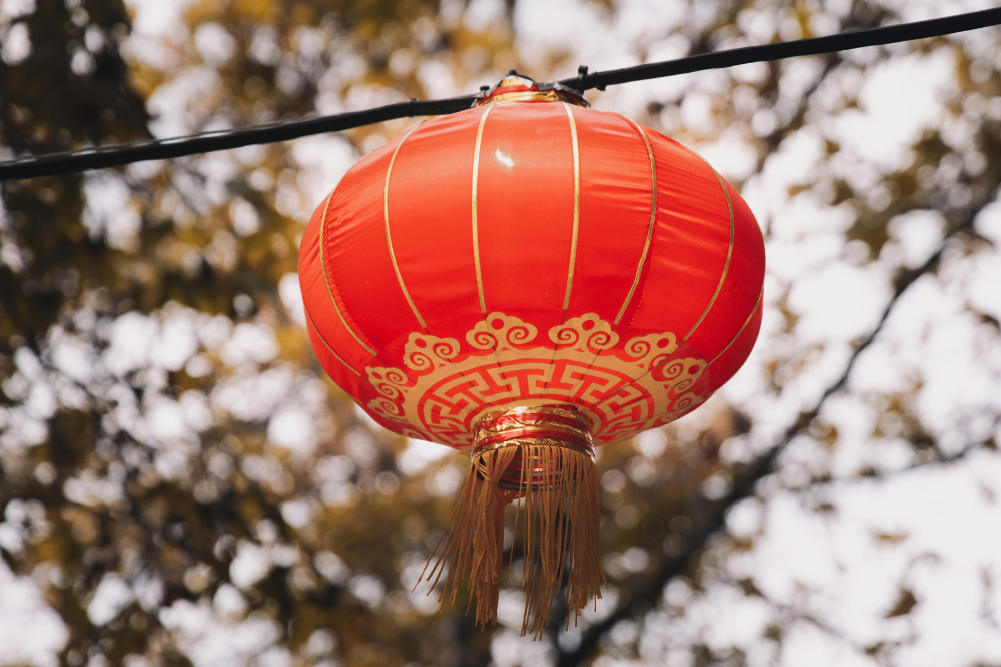Is embracing laziness the secret to a happier and healthier life?
When I was young, primary school-aged, the worst thing you could be was lazy. You didn’t have to succeed at everything, but you did have to try really hard at everything. Even though my languorous teen years, the fear of being labelled as lazy kept me working hard.
During a brief stint in the corporate world, I realised the only way to succeed was to be exceptionally busy. You had to bemoan it out loud, of course, but if you weren’t so busy, you weren’t working hard enough. The extra mile wasn’t really extra at all — it was the compulsory minimum.
There are countless problems with this ideology, of course. Problems, in the last five years or so, have been well discussed. Dubbed generation burnout, millennials are transforming the workplace to prioritise wellbeing, leaning into the idea that rest boosts productivity. Many companies now offer “duvet days”, some are adopting a four-day work week, and, post-pandemic, lots of us are still working, at least part of the time, from home.
We know that when we value ourselves based on our productivity, we become disconnected from our physical health, mental wellbeing and capacity for happiness. And yet, despite #selfcare, we remain fixed on the urge to overwork and fall into a shame spiral when we think we’re not “doing enough”.
“In an ‘always on culture, burnout becomes not a matter of if, but when,” says Dr Amantha Imber, organisational psychologist and bestselling author of The Creativity Formula, The Innovation Formula and Time Wise.
According to Dr Imber, there are several pervasive myths around laziness. The first is that lazy people are not good workers: “We all need time to do nothing; our brain can’t operate at its best when it’s not given time to daydream and ‘be bored,’” she says.
Steve Jobs famously said that he chooses lazy people to do hard jobs “because a lazy person will find an easy way to do it.”
Laziness and efficiency often go hand in hand. Workaholics might tear their hair out in search of perfection, but lazy employees work smarter because they value “off” time.
“Another myth is that lazy people don’t care about anything,” says Dr Imber. “This is untrue. People who appear lazy may actually be paralysed by fear of failure, and so the easy thing to do is to do nothing.” Part of the problem is that many of the things we see as “lazy”, such as procrastination, are often driven by performance anxiety in a hyper-productive world.
The idea that laziness is a moral failing, and conversely, that productivity signifies inherent goodness means that healthy rest and normal idleness are seen as faults rather than necessary to healthy human function.
These cultural attitudes have created a society in which we need to be useful all the time. Even our shrinking downtime has been robbed from us by a hobby-turned-side-hustle culture. The result is a nation in which workers complete an average of 312 hours of unpaid overtime each year, according to a 2018 report for the Centre for Future Work at the Australia Institute.
What’s more, burnout levels are rising year on year, which appeared to culminate in 2021’s “Great Resignation”, in which almost 10 per cent of the Australian workforce quit their jobs — a huge 1.3 million people, according to the Australian Bureau of Statistics. Doing finally became our undoing.
“We need to shift our thinking from ‘ultra-productivity’ being the goal to, instead, using our time wisely,” says Dr Imber. “Cramming more things into less time should not be the goal. Instead, we need to be more intentional with how we use the same amount of hours that we all have in our days.”
That includes intentional rest, intentional joy and intentional absolutely nothing. Giving ourselves permission to rest, though, is where we fall down. Doing nothing does not come easily in a society that sees “lazy” people as weak and lacking motivation; “doing” often feels more comfortable than “not doing”. Despite soaring burnout levels, we have struggled to remove the stigma from so-called laziness and embrace rest.
It helps to untangle productivity from moral goodness and virtue. Hard work is not morally superior to relaxation. If you place your worth on getting a lot done, you will always be taking on more than is healthy. Doing “enough” is never enough once you have fallen into the “toxic productivity” trap. And that doesn’t just go for work; there are many areas of life where we can feel like we’re not doing enough: family time, fitness, healthy food choices, and domestic work, to name a few.
“Giving ourselves permission to be bored and have no incoming stimulus (such as social media, podcasts, music, television)
is critical for our wellbeing,” says Dr Imber. “While some people may view doing nothing as laziness, doing nothing is actually critical to feeling restored, and comes with additional benefits such as enhancing creativity and resilience.”
As Stanford scholar Alex Soojung-Kim Pang writes in Rest: Why You Get More Done When You Work Less: “Busyness is not a means to accomplishment, but an obstacle to it.”
But it’s important not to think of rest purely as a means to make yourself more productive. That pattern of thought continues the narrative that your worth is based on your output. You do not need to work really hard to earn your place in this world. Wasting time is a necessary (and inevitable) human function.
If you’re struggling with feelings of shame around your productivity, Dr Imber recommends getting offline and spending less time on social media. “Comparison is the death of joy, and when we compare ourselves to other people’s highlights reels, we can’t help but feel shameful of how we are using our time,” she says.
It’s no wonder we are racked with guilt when our definition of productivity has become so narrow. Consider what productivity means to you. “I think it comes down to what you see the goal of life as being. If life is about optimising happiness, then chasing joy and prioritising downtime is a good thing,” says Dr Imber. “If you are living a life in line with your purpose, and spending your time wisely, then to me, that is being productive with your life.”
Today’s world, with so many things vying for our attention, is an exhausting place to live. To thrive, you must be choosy about what you take on.
Learn to distinguish between opportunities worth taking and the things you do because you feel as though you “should”. It might sound obvious, but you can’t honour your need for rest when you live in the mindset of saying Yes to everything. When you focus on always doing more, you disconnect from important messages sent by your body and mind, such as “I need a night off,” “I need a power nap,” and “I need the weekend to myself.”
Keep track of how you spend your time, and then get honest with yourself about what you can cut to make more room for downtime, sleep and plain idleness. Notice when you procrastinate; does it align with activities you don’t really care about?
Of course, we live in a world where most people have to work in order to live. This makes it difficult to detach from measuring our productivity because that productivity keeps us safe and sheltered. But even in the workplace, there is scope to cut down and rebalance. Consider where you take on extra work: to compete with co-workers, perhaps, staying late in order to “look good” or saying Yes to an assignment that will overload you because you don’t want to face an uncomfortable conversation. Most bosses are impressed by your deliverables, not how many hours it took to get them done.
In a society stuck on more, more, more, ask yourself: What can I get rid of? Not: How can I fit in another thing?








